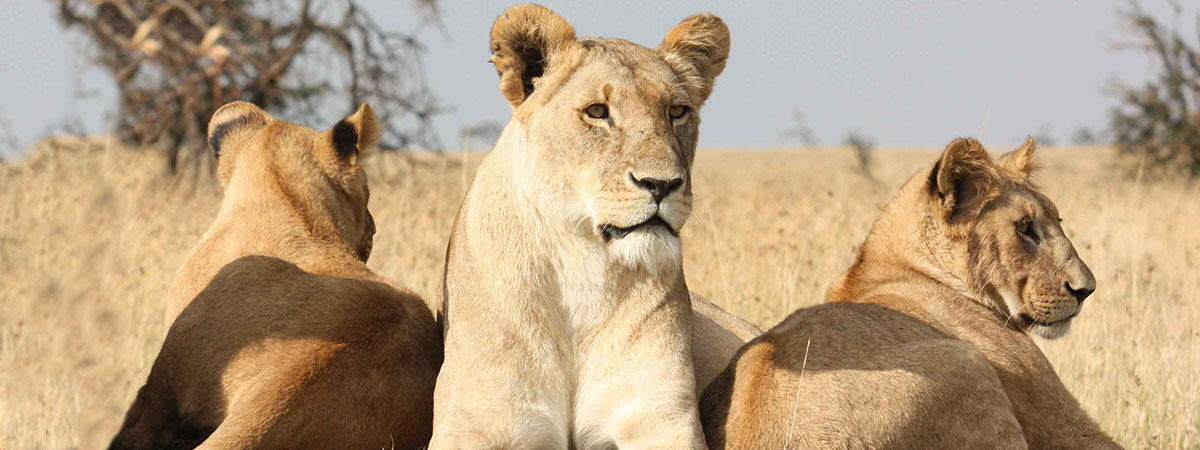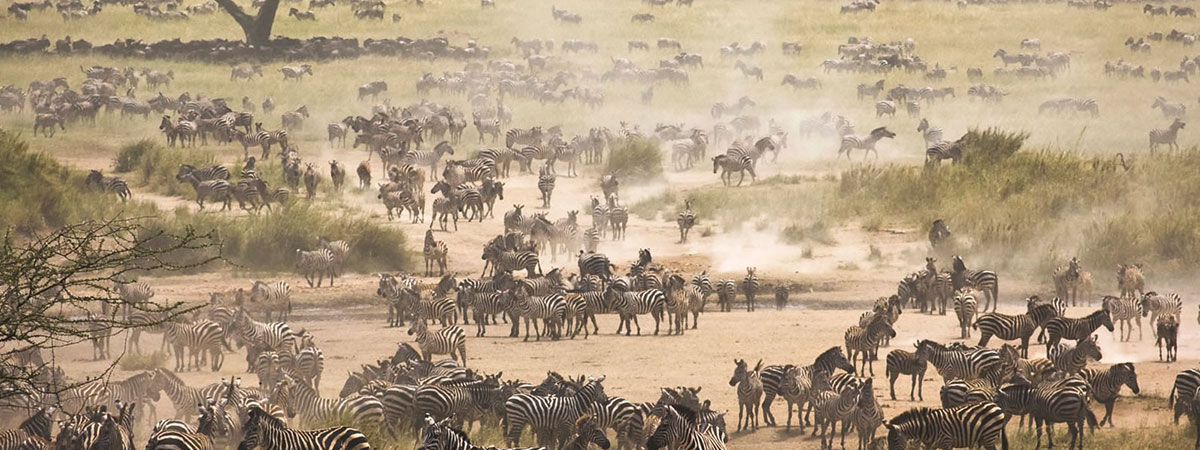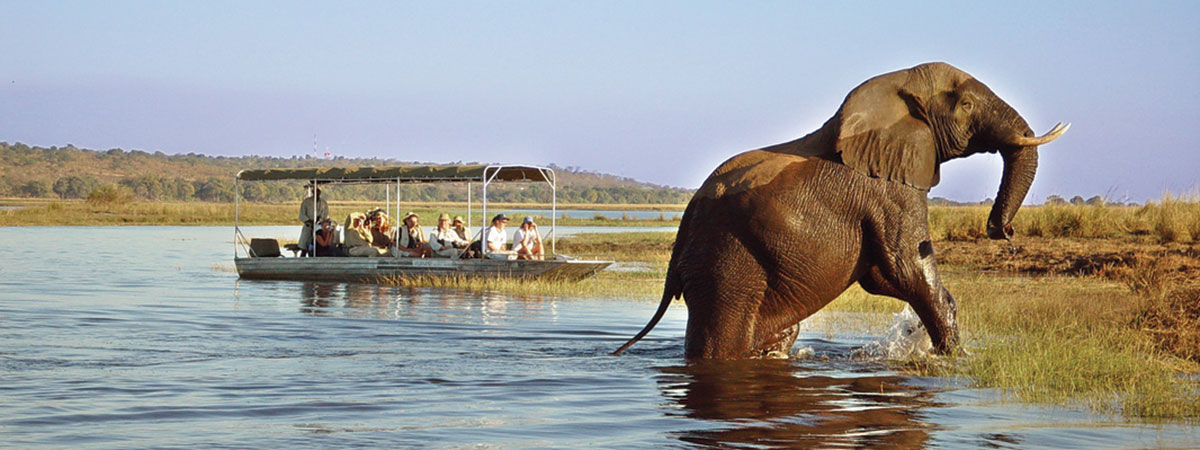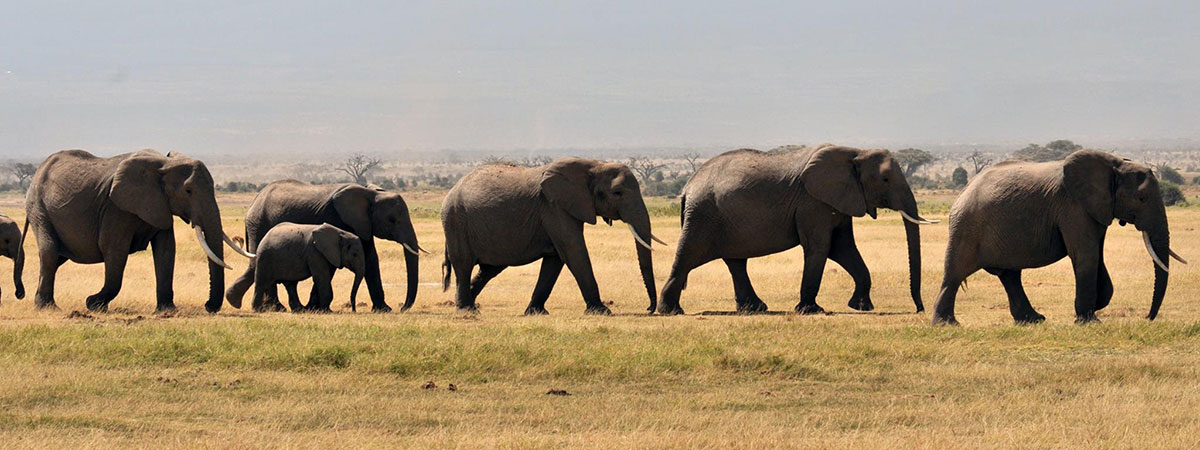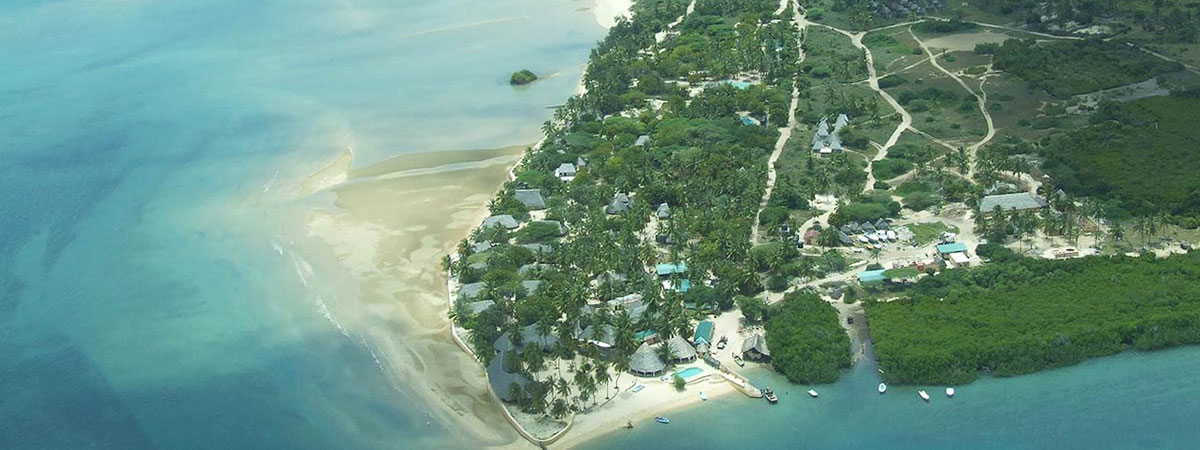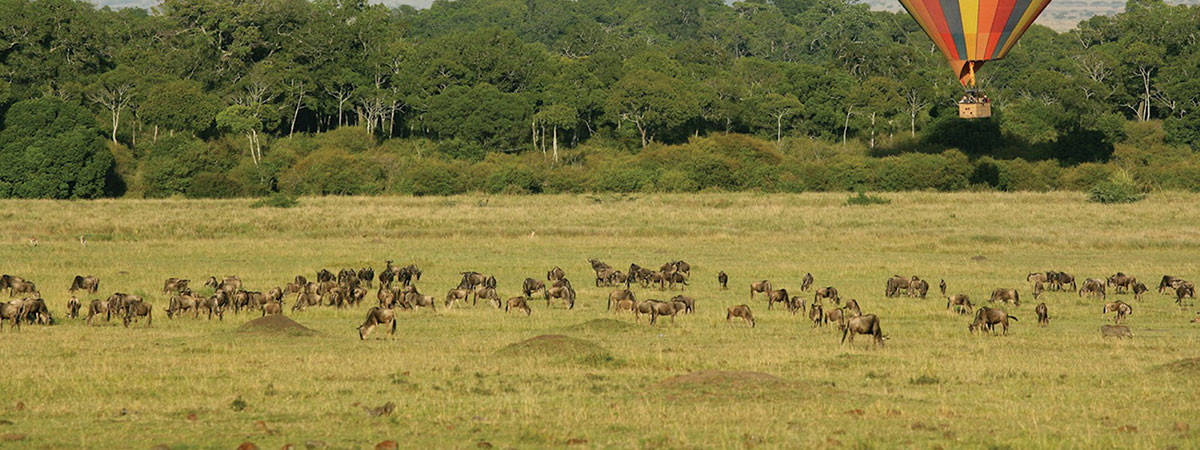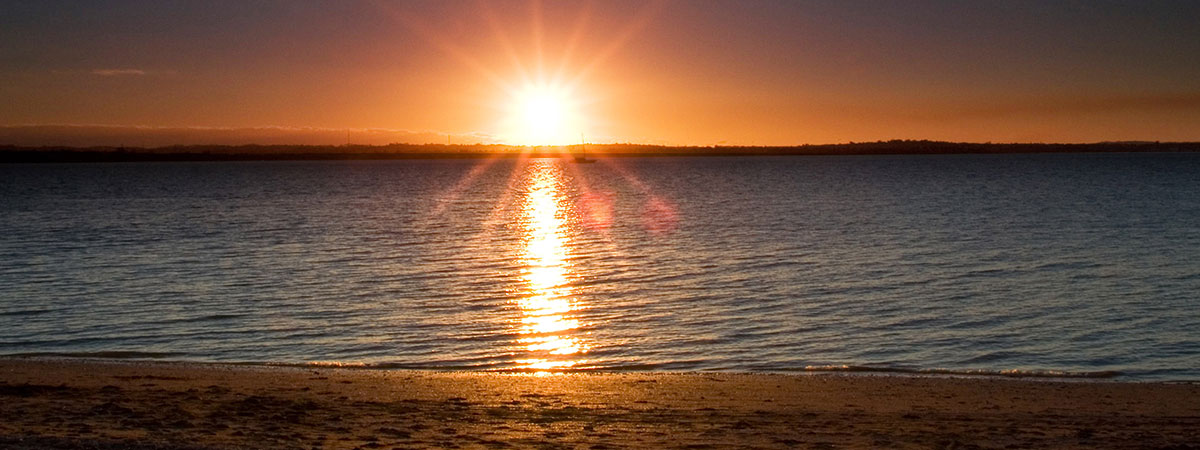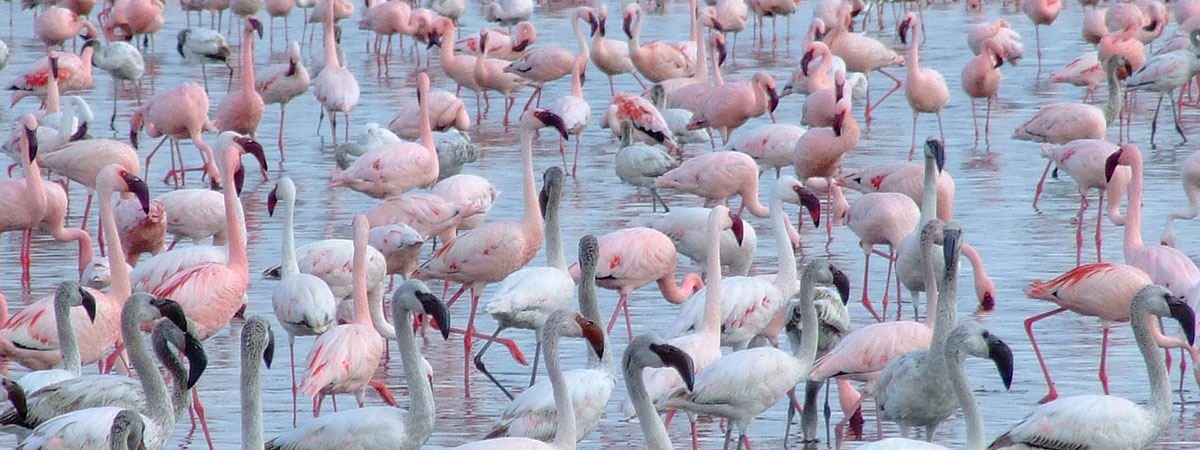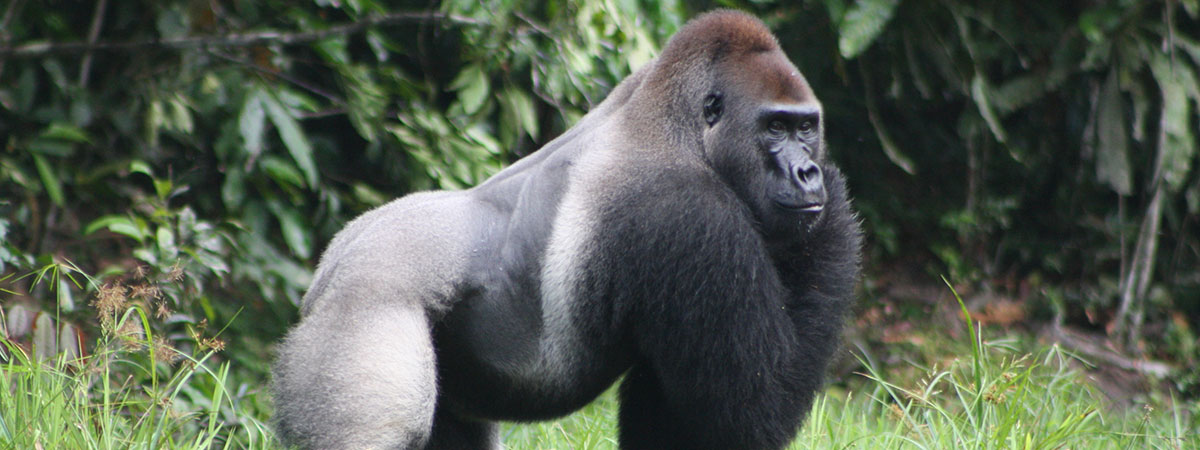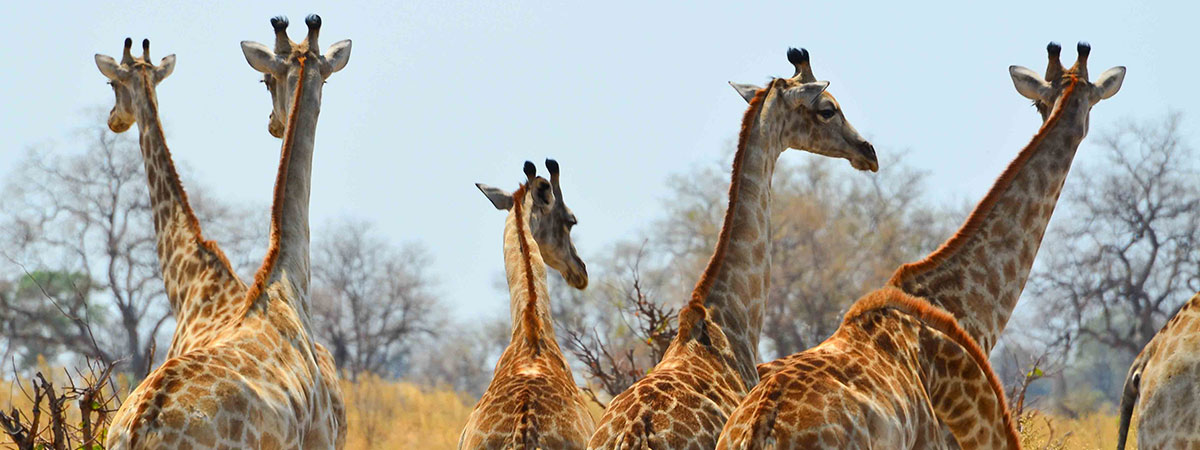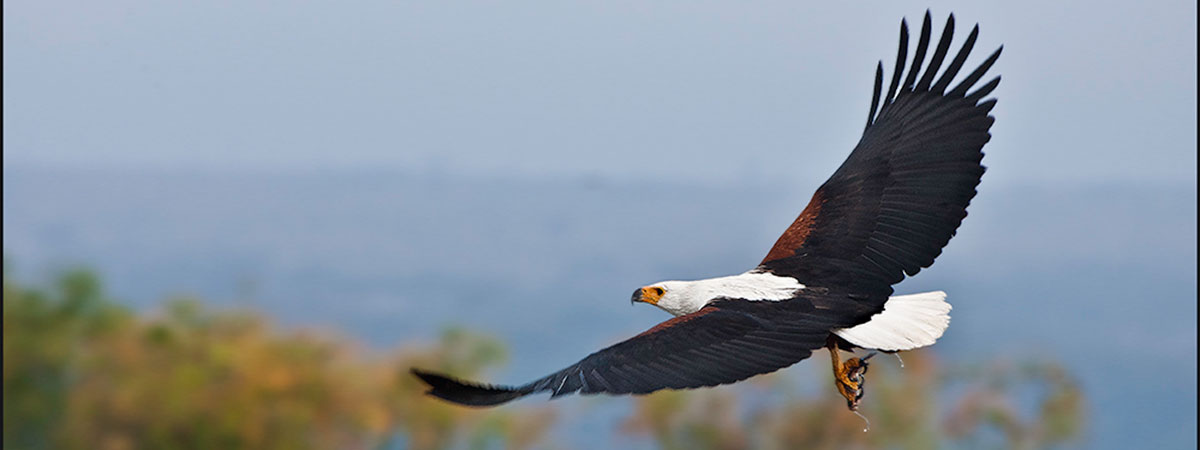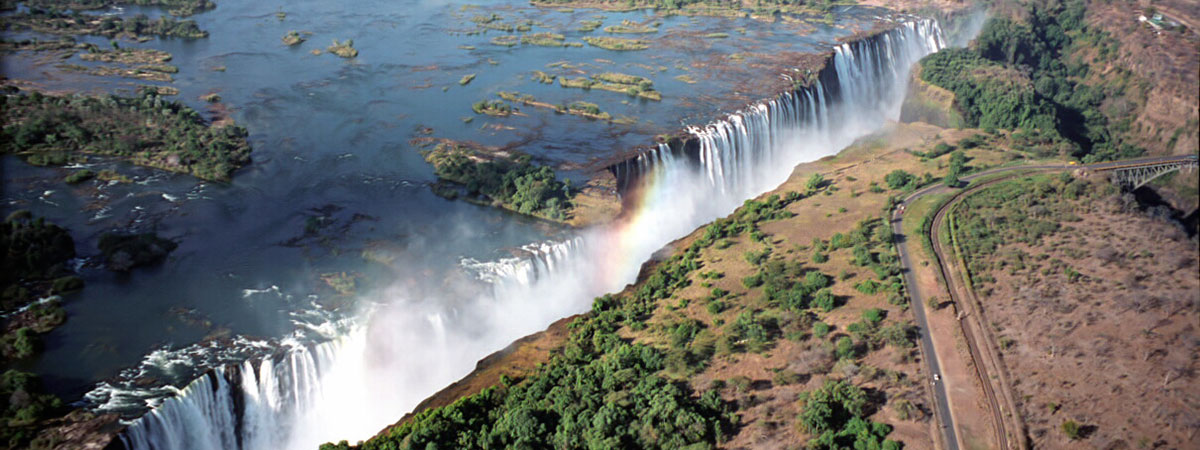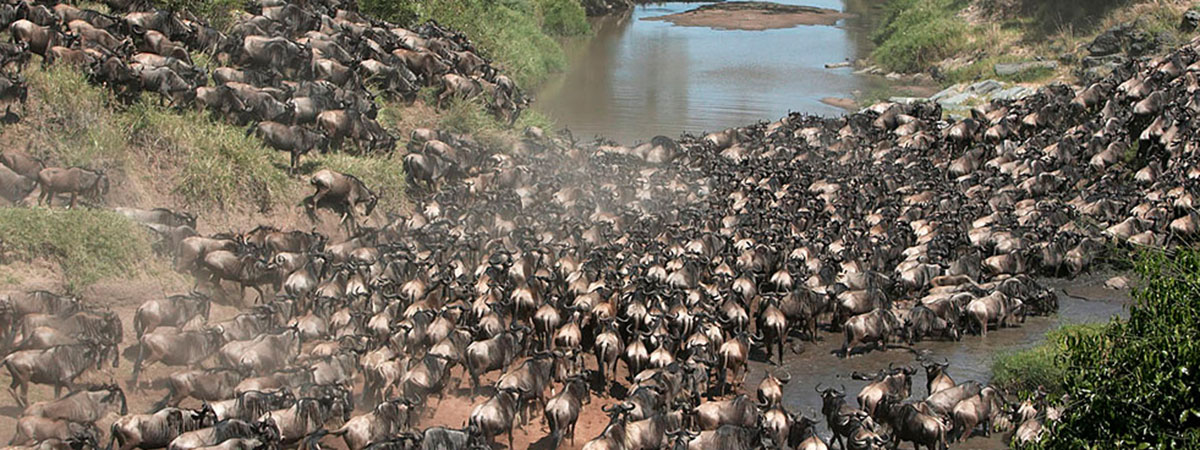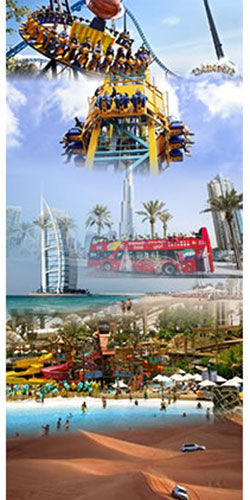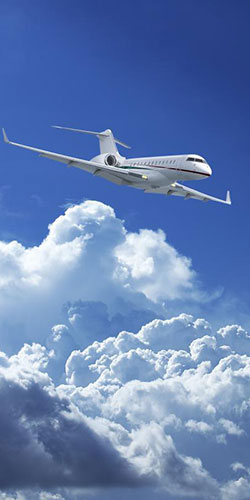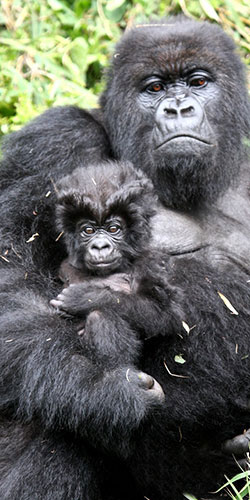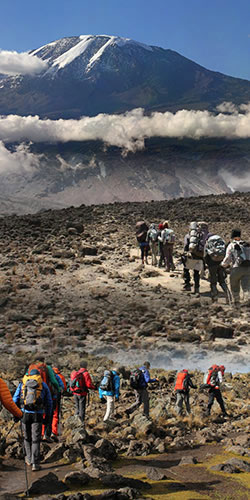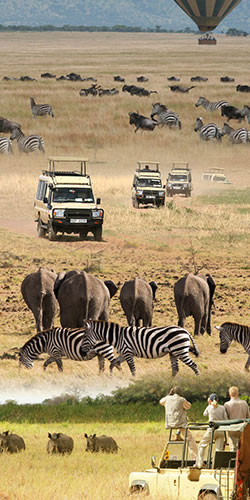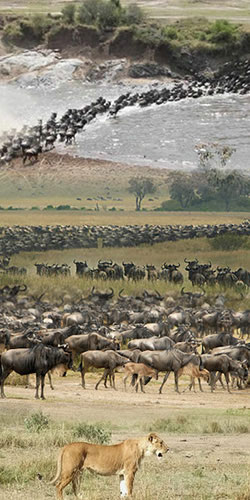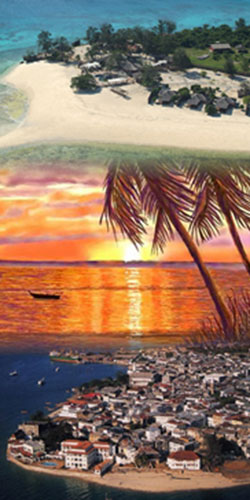Africa Travel Information
If you are planning to travel to Africa, here are some of the general traveling information and tips you may need to know before traveling. For detailed information concerning Safari Holiday, Mountain Climbing or Beach holiday; feel free to Contact any of our holiday export.
Visa Requirements
For all foreigners traveling to Africa require a visa (except from countries with exceptions), in order to acquire a visa, you need at least 6 months valid passport with at least one unused page for endorsement , two application forms, application fee (varies from $ 50), two passport size photograph and a safari itinerary.
Visa application can be done in embassy or high Commission offices in your country and in some countries the application can be done at the entry points, Check out with the country you intend to visit for exact details or contact us to assist you with the exact information.
Vaccinations and Health
There are no compulsory vaccinations required to visit Africa unless you are arriving from an area known to have Yellow Fever or other outbreaks, then you will be required to have a vaccination. For general health, it’s advisable to visit your personal doctor for proper information on which vaccine to take, we highly advice our clients to have an anti-malaria vaccine or tablets and only drink bottled or boiled water throughout your stay in Africa.
Insurance
It’s not compulsory to have an insurance cover, but it’s highly advised to have comprehensive travel and health insurance to cover emergency medical evacuation, insurance to loss of baggage or valuables, personal accident and medical expenses (especially for families and the elderly).
What to carry
In general it’s good to pack light casual wear , with a couple of shorts, T-shirts, light shoes/sandals to wear during the day and long sleeve T-shirts / shirts, trousers, a light jacket for the evenings. For more information on what to pack for a wildlife safari, refer to our Safari holiday section or Beach holiday section.
Security
Most places in Africa are generally safe, however its good not to invite crime; by keeping an eye on your belongings, avoid walking alone on areas you are not sure off especially at night and leave valuable jewelry at home.
Shopping
Most top destinations and hotels have souvenirs and gift shops selling wide range of African jewelry, artifacts and trinkets. Don’t be afraid to bargain as is the norm and part of doing business in most countries in Africa, just assess the item and be reasonable with the offer you give.
Traveling with Children
Most Africans love children and are very helpful especially to mothers, for families with very young kids; it is advised to be very selective on the destinations, hotels and activities that have a family environment and facilities that cater for young kids. Canned baby foods, powdered milk and disposable nappies may not be available outside major towns.
Language
Most countries in Africa either use English or French as their first or second national language together with other local languages, it is good to learn a few local words to interact and connect with the locals.
Climate
Africa is huge and the climate may vary with regions, generally it’s dry and hot with cool nights/mornings. The long rains are usually in March – May, short rains in November to December and cold in June - July. The coastal regions are usually hot and humid all year around.
Travel Logistics
Most major towns and top destinations in Africa can be reached by road or by air, there are usually scheduled or chartered flights from major towns to top destinations in the country. Travel by road can be done in in public or private mini buses, vans, taxis or hire private cars. For Safari games drives; due to the rough terrains, we recommend using the 4WD cars with large sliding windows and a pop-up roof for viewing wildlife and the beautiful landscapes.
For local flights, airport transfers, Safari road drives or further information on transport; feel free to Contact our transport department.
Currency & Currency exchange
All countries in Africa use different currency and accept major curries like the USD, Euros and pounds in major hotels and destinations. Please note that due to the number of fake notes in circulation, US Dollar note printed before 2003 are not accepted in most countries (try carry notes printed after 2006).
There are several Banks and ATMs services in all major traveling destinations where Visa/master/American express cards are accepted. Currency exchange can be done at any local bank, bureau de change and in some authorized hotels.
Electricity and Time Difference
Most countries in Africa use electricity supply of 220V or 240V with two or three pin plugs, the time difference varies with countries from -3 GMT to +3 GMT.
Etiquette
Africa is made up of mixed societies with majority being conservative; courtesy and good manners are highly advised especially in the rural areas and Islamic strong holds. For photographers, always ask permission before taking a picture of the local people.
Tipping
Tipping for good service in major places in Africa is customary although not a must; it's a good gesture of appreciation. In some hotels they add a service charge onto your bill that serve as tip to service given, so it’s good to check on the bill or ask before giving a tip.
Giving Gifts
To our own view, we recommend not to hand out gifts to locals without a proper reason as it encourages locals to be dependent on tourists instead of independently financing their livelihood; gifts should be given as a true expression of friendship, appreciation or thanks.

